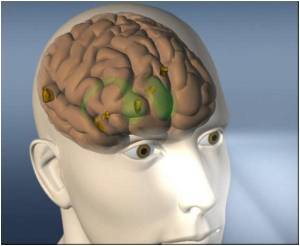
Much is known about the neural processes that occur during learning but until now it has not been clear why it occurs during certain brain states but not others.
Now researchers have been able to study, in isolation, the specific neurotransmitter, which enhances learning and memory.
Acetylcholine is released in the brain during learning and is critical for the acquisition of new memories. Its role is to facilitate the activity of NMDA receptors, proteins that control the strength of connections between nerve cells in the brain.
Currently, the only effective treatment for the symptoms of cognitive impairment seen in diseases such as Alzheimer's is through the use of drugs that boost the amount of acetylcholine release and thereby enhance cognitive function.
Researchers have shown that acetylcholine facilitates NMDA receptors by inhibiting the activity of other proteins called SK channels whose normal role is to restrict the activity of NMDA receptors.
Advertisement
Findings from this latest research show that the SK channel barrier can be removed by the release of acetylcholine in the brain in order to enhance our ability to learn and remember information.
Advertisement
The team studied the effects of drugs that target acetylcholine receptors and SK channels on the strength of connections between nerve cells in animal brain tissue.
They found that changes in connection strength were facilitated by the presence of drugs that activate acetylcholine receptors or block SK channels revealing the link between the two proteins.
The study has been described in the journal Neuron.
Source-ANI











